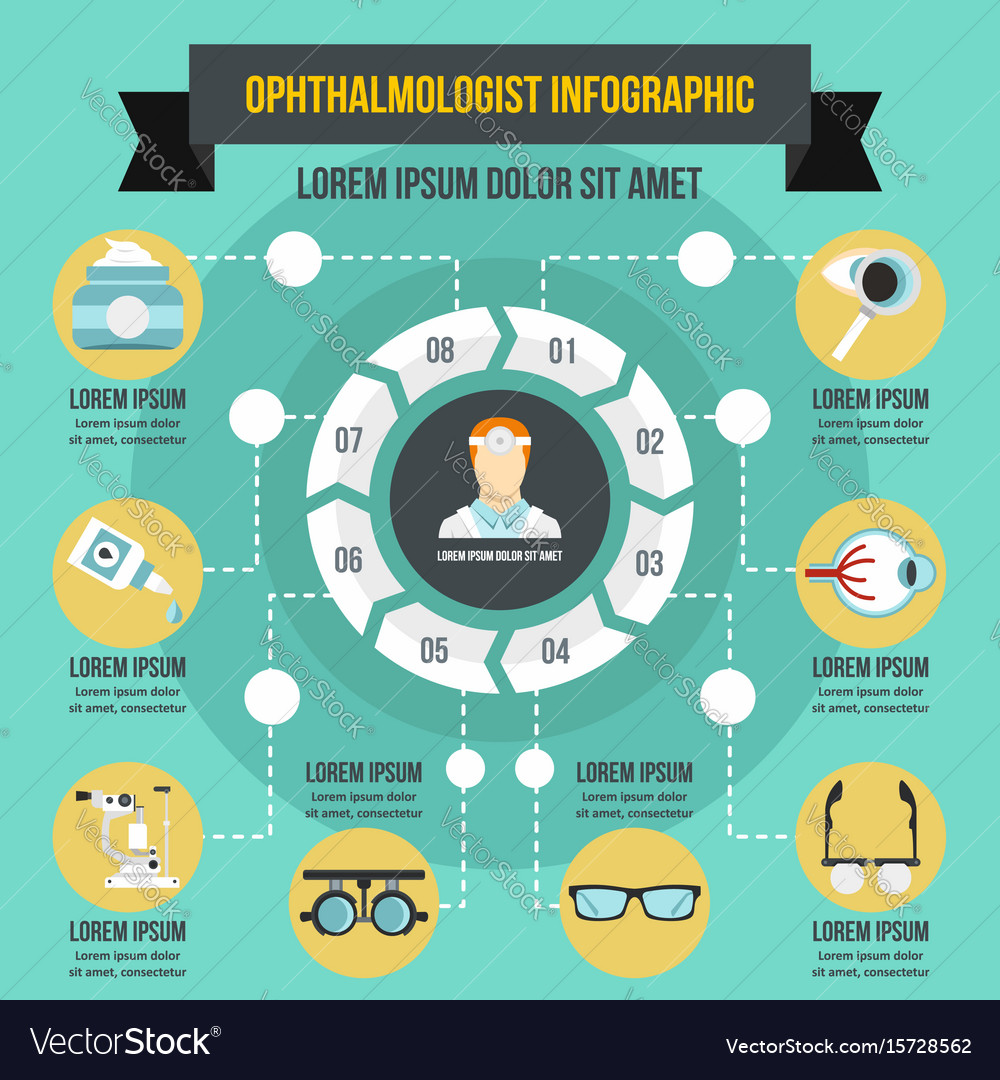Clues That Suggest Your Child Should Speak With An Eye Treatment Professional: Professional Recommendations For Parents
Clues That Suggest Your Child Should Speak With An Eye Treatment Professional: Professional Recommendations For Parents
Blog Article
Short Article By-Peters Mullen
As a parent, you play a vital role in your youngster's wellness, specifically when it comes to their vision. You could notice certain actions that might signal a demand for an eye test. Scrunching up your eyes, frequent eye rubbing, or grievances of frustrations can be more than simply minor aggravations. Understanding these indications is crucial for your kid's advancement. So, what should you try to find following? Let's explore the typical signs and symptoms that can suggest a vision issue.
Common Signs And Symptoms of Vision Troubles in Children
When you see your kid having problem with day-to-day activities, it could be an indicator of vision issues.
Look for signs and symptoms like scrunching up your eyes, rubbing their eyes regularly, or tilting their head to see far better. If they have actually problem analysis or seem to lose their location typically, that's one more indication.
You could also see them whining about headaches or experiencing eye strain after extended durations of analysis or making use of displays.
Furthermore, if your child prevents activities that call for excellent vision, like sporting activities or attracting, it's worth focusing on.
Look for just click the up coming post of uncommon actions, as these indications can indicate underlying vision problems that need professional analysis.
Early discovery can make a huge difference in their aesthetic growth.
Age-Specific Vision Milestones to Display
Every moms and dad must keep an eye on their child's vision advancement as they grow.
At around 6 months, your infant ought to start tracking relocating things. By age 1, they need to have the ability to focus on and identify familiar faces.
In between 2 and 3 years, look for improvements in hand-eye coordination, like stacking blocks or throwing a sphere.
By age 4, youngsters ought to have the ability to determine shapes and colors, and they might start to recognize letters.
If your youngster has problem with these landmarks, it's essential to make note. Checking their development helps you capture prospective issues early, ensuring they get the vision treatment they need for a brilliant future.
Keep aggressive regarding their vision health!
When to Arrange an Eye Exam for Your Youngster
Monitoring your youngster's vision advancement is very important, yet recognizing when to arrange an eye test is just as crucial. The American Academy of Ophthalmology advises your kid have their very first eye exam at 6 months old.
After that, routine follow-ups at age 3 and again before they begin college. If your child shows indications of vision issues-- like squinting, trouble reading, or migraines-- do not wait on the following set up appointment.
In https://www.dvidshub.net/news/267010/hindsight-20-20-dont-miss-your-opportunity-prk , if there's a family history of eye problems, aggressive examinations are essential. Watch on any adjustments in their vision or behavior, and count on your reactions.
Routine examinations can help catch possible concerns early, guaranteeing your youngster has the most effective opportunity for healthy and balanced eyesight.
Conclusion
Finally, staying alert to your kid's aesthetic habits is crucial for their eye wellness. If you see any type of indicators like scrunching up your eyes, eye rubbing, or trouble with analysis, do not be reluctant to schedule an eye exam. Remember, early discovery can make a substantial difference in their visual advancement. Depend on your impulses as a parent, and ensure your child obtains the treatment they require to prosper. Normal exams can help keep their eyes healthy for several years to come.
